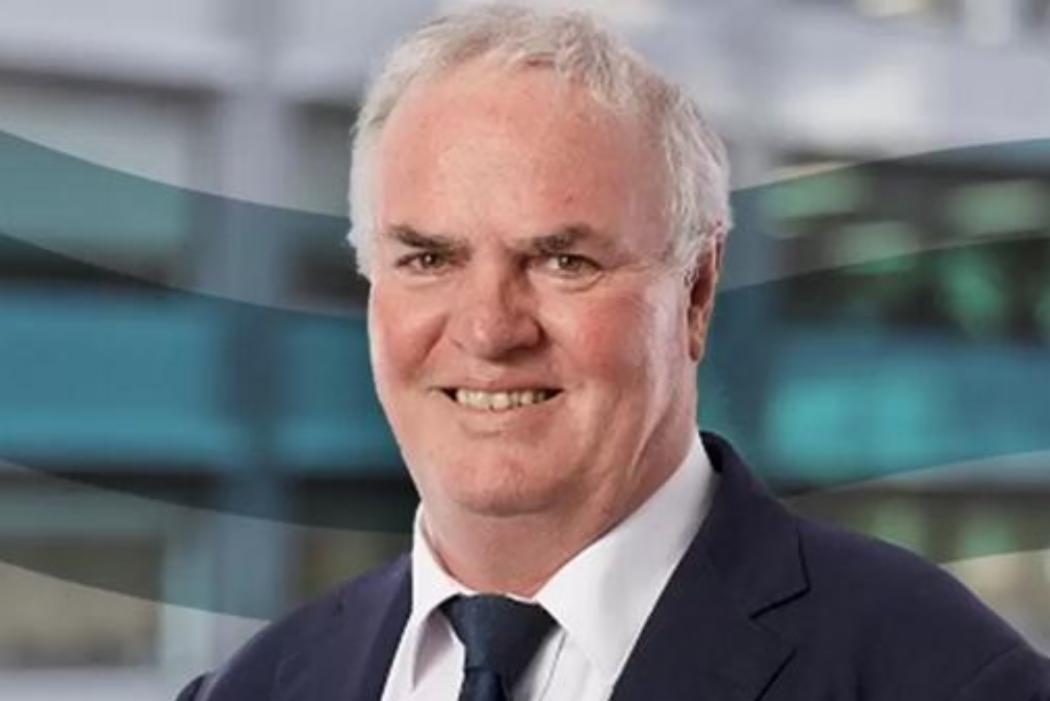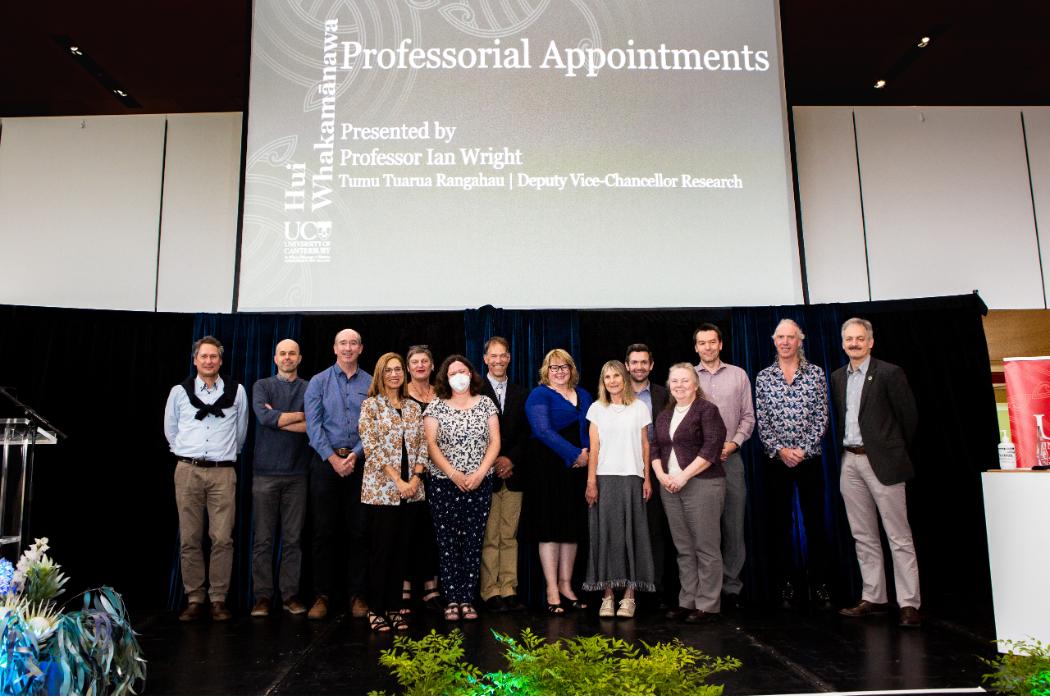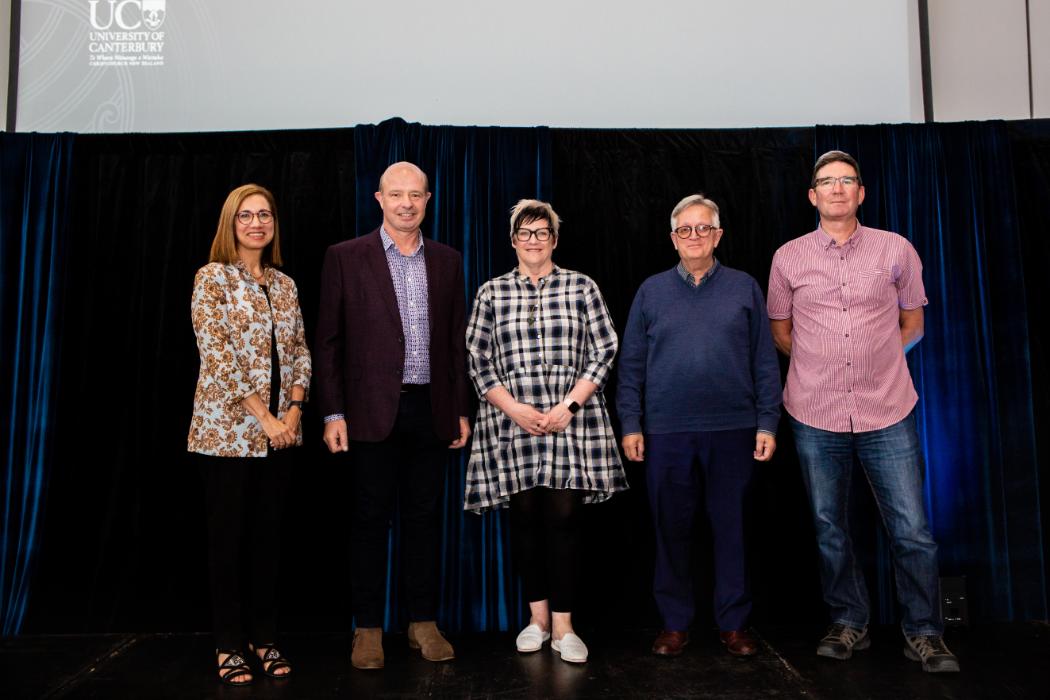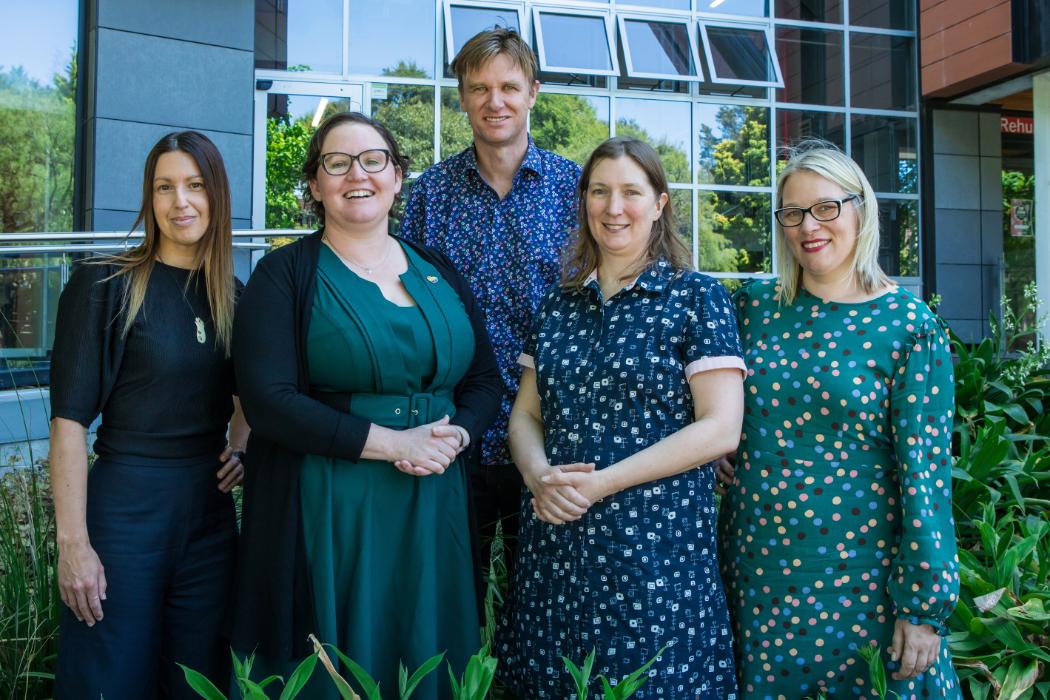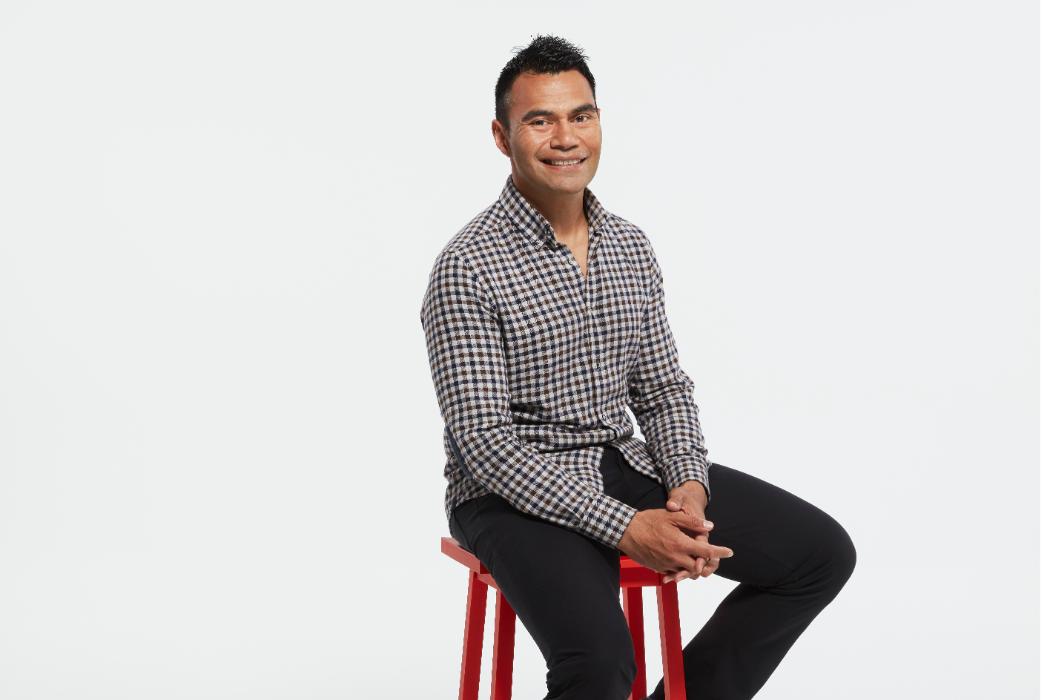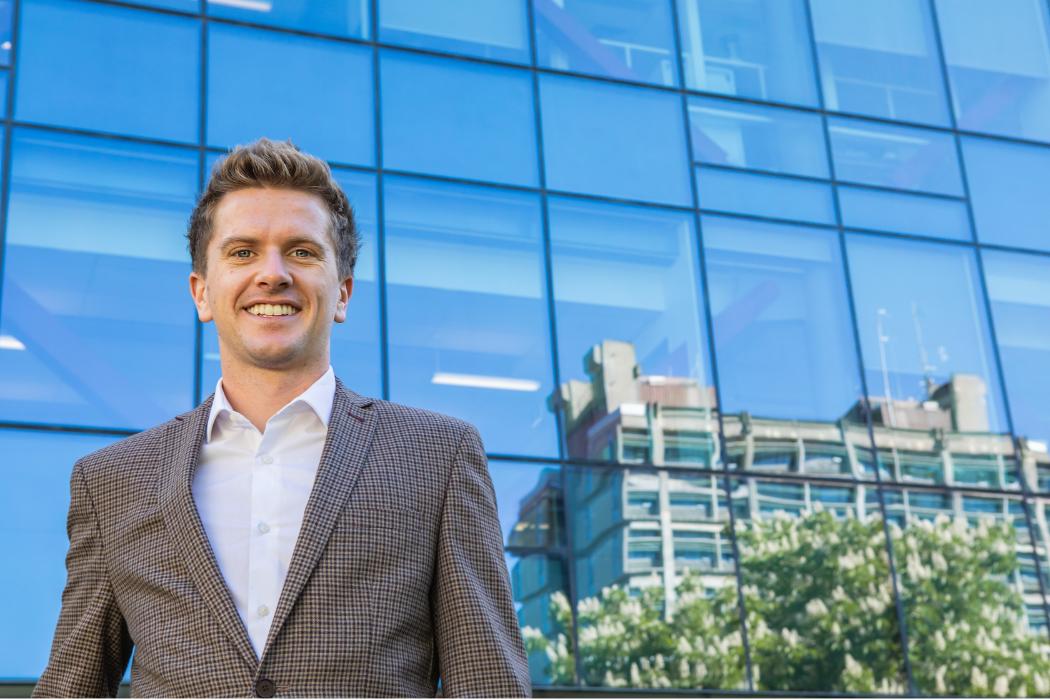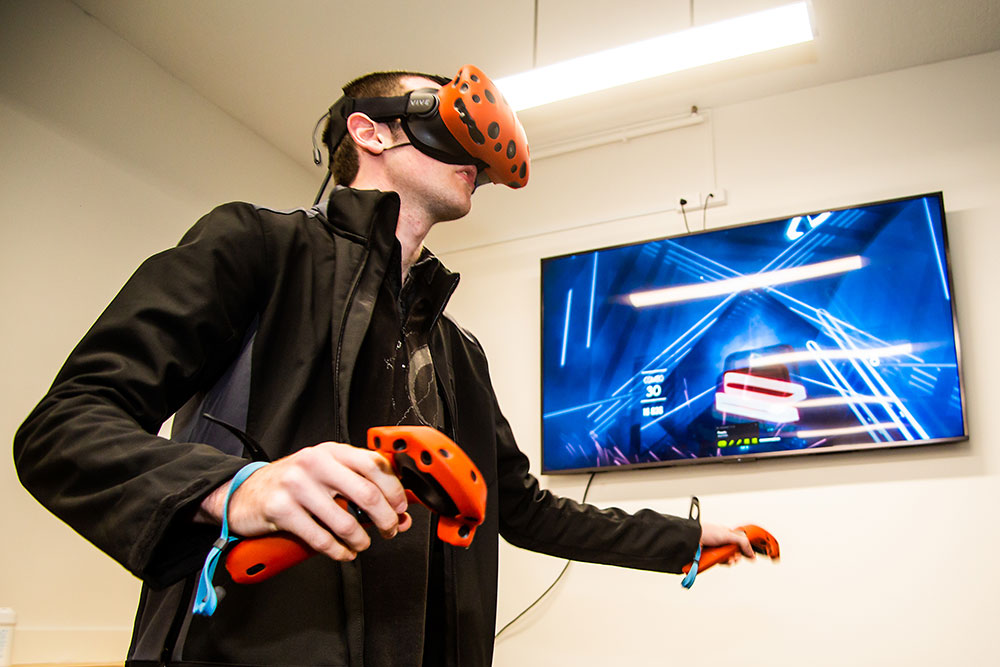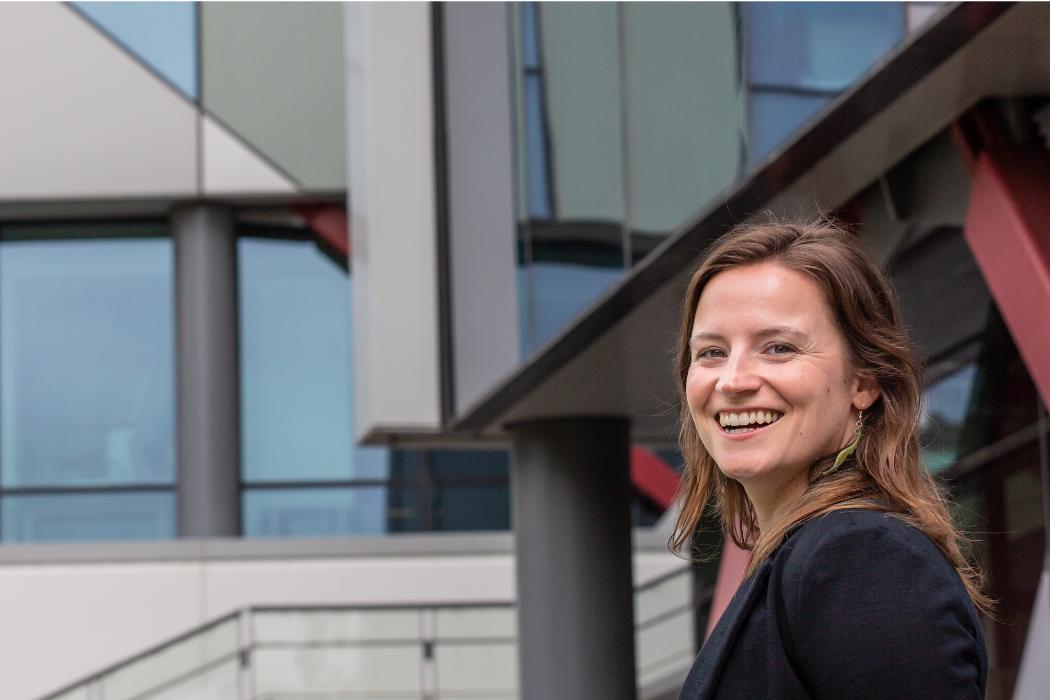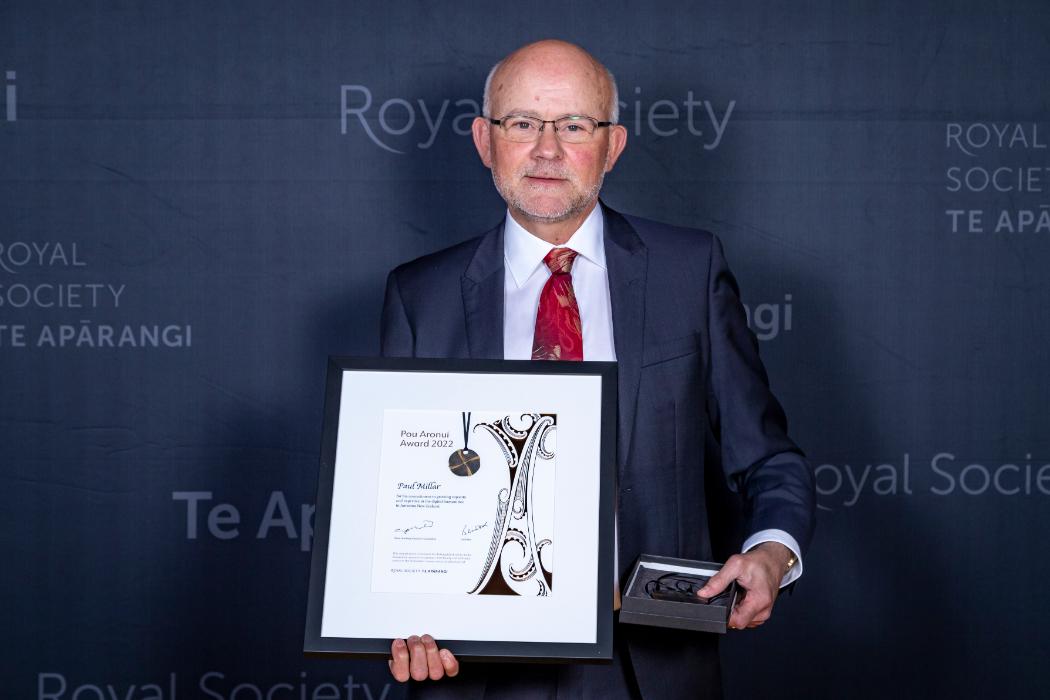You were recently included in the Most Influential Lawyers 2022 and recognised for your work and contribution to the legal sector in New Zealand under the Changemaker category. It’s great to see that the sector acknowledges success! Can you tell us how that felt or what it meant to you?
While it’s a great privilege to be recognised, the news certainly came as a surprise, and has been rewarding and embarrassing in equal measure.
I feel lucky to have been the chair of my law firm, Duncan Cotterill, throughout a period of hugely positive growth. Although the last few years have certainly been challenging, with Covid and international and economic uncertainty on most people’s minds, it has also been a time of great opportunity. I have been pleased to play my part for two years as the firm’s chair in helping nine senior lawyers join Duncan Cotterill’s partnership, seven of whom are women, and in opening the firm’s fifth New Zealand office, in Queenstown.
I see the award as external acknowledgement for the firm of the impressive pace of growth Duncan Cotterill has enjoyed, while not sacrificing the firm’s core focus on the wellbeing and success of its people. The firm is now the second largest law firm in New Zealand by partner number, with 49 partners and more than 320 people.
What was it that inspired you to study Law at UC? Did you always know you wanted to go into this field?
The law – and UC – both run in my blood. My parents are both lawyers and graduates of UC Law School. My father, Richard Scragg, also taught at the UC Law School for many years.
I spent a lot of time as a teenager debating—both at school in a debating team, and at home over the dinner table. I enjoyed exploring new ideas, crafting arguments, and engaging with other people about all sorts of current issues.
I was drawn to study law as it seemed like the natural way to put these skills into practice. I also thoroughly enjoyed studying political science at UC—a great companion course of study for law that showed me how law, and law-making processes, are fundamental in a democratic society.
You’ve been with Duncan Cotterill for the past 14 years, working your way from an associate, to now a partner and chair of the Duncan Cotterill Board - can you tell us about your career journey so far?
I moved to Wellington when I graduated from UC and began work as a judges’ clerk at the High Court for two years. In that role, I supported the judges to prepare for cases by undertaking legal research, and (sometimes) by debating issues with them!
I then joined Duncan Cotterill in Christchurch for two years before I moved to London where I worked at a large international law firm for almost three years. In London I specialised in litigation (disputes) work and insurance law work. I then returned to Duncan Cotterill in Wellington, where I was tasked with establishing a litigation practice. Fourteen years on, I am now one of three litigation partners in the firm’s Wellington office.
We have a fantastic team of lawyers working with us across a full range of disputes work. For the last six years, I have been a member of our firm’s Board and for the last two years until September this year, I stepped aside from full-time practice to be the chair of the firm. I am now back working full-time in my practice, specialising in commercial, insurance and public law disputes work.
What is it that motivates and excites you about working as a lawyer in New Zealand?
After working for more than 20 years as a lawyer, I still enjoy and get excited by crafting arguments and debating ideas with people.
Underneath that though, my motivation for working as a lawyer and helping people to solve problems hasn’t changed. Solving problems is what litigation lawyers do. And over time, I would now add a further core motivation for me in my work is helping to train and develop the next generation of lawyers. I really enjoy that side of legal practice and find it hugely rewarding.
The legal profession in New Zealand continues to grow, not just in number but also in the diversity of its people—it’s exciting to be part of that.
Could you identify a career highlight to date?
One highlight that stands out for me was giving oral submissions in the Supreme Court for the first time. I was trying to persuade the Supreme Court that a negligence claim against my client, an accountant, had been filed out of time. Ultimately the Judges disagreed with me about that, but I will never forget the intensity of the hearing. There were five judges ranged at a curved bench before the lectern where I stood. I had nowhere to hide as I responded to their many questions. The experience was enormously rewarding, and exhausting. I learned a lot, and loved every moment of it.
When looking back, are there any memories or experiences you had at UC that have stayed with you?
I have many fond memories from my time at UC and almost all of them revolve around people—both students and staff.
I have great memories of a number of the courses, especially Joe Yates’ trial advocacy course in which we were assessed solely on the strength of our performance in a mock trial—no pressure! I have great memories from competing in debating, mooting and trial advocacy competitions, both at UC and at various inter-university and international competitions.
I remember many fun and laughter-filled LAWSOC and DEBSOC events, the details of which are best left unprinted. I remember many late nights spent in the law library, some of them studying, most of them talking. I have great memories from flatting with people who are now some of my very closest friends. And lastly I remember well the 55 cent cups of coffee everyone lived on from the Law School café. The coffee was very ordinary, but the conversations were second to none.


